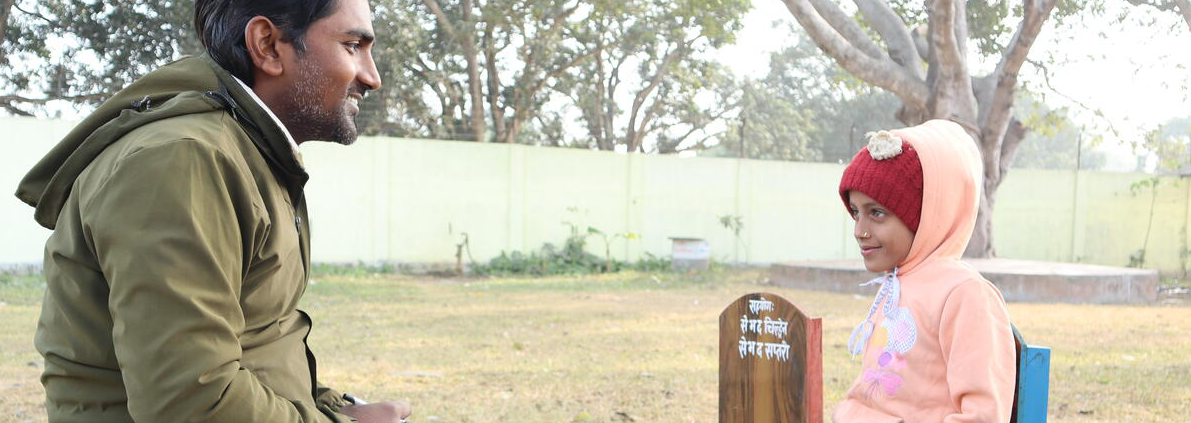الأطفال الأكثر ضعفًا يواجهون مخاطر فريدة خلال جائحة كوفيد-19: كيف تواصلت الوكالات مع المجتمعات بشأن تربية الأبناء في البيئات الإنسانية ذات الموارد المنخفضة
المؤلفون: READY، مكتب الأمم المتحدة المعني بالمخدرات والجريمة، مركز جونز هوبكنز لبرامج الاتصالات، الحق في اللعب، لجنة الإنقاذ الدولية
تشير الأدلة إلى أن الأطفال في البيئات الإنسانية ذات الموارد المحدودة عانوا من أعباء إضافية تتعلق بالصحة العقلية والعنف في المنزل أثناء جائحة فيروس كورونا المستجد (كوفيد-19)، والتي ربما أثرت على صحتهم ونموهم. بالنسبة لوكالات الاستجابة الإنسانية، كان تقديم خدمات حماية الطفل أثناء هذه الجائحة مقيدًا بمخاوف تتعلق بالسلامة تتعلق بخطر انتقال فيروس كورونا المستجد، والقضايا اللوجستية المتوافقة مع التدابير الاجتماعية والصحية العامة. تصف هذه الورقة كيف استجابت الوكالات للمخاطر التي يواجهها الأطفال، ودمجت أساليب الاتصال عن بعد بشأن المخاطر والمشاركة المجتمعية والحوارات الشخصية الآمنة مع الآباء ومقدمي الرعاية في تدخلات حماية الطفل لتثقيفهم حول المرض والوقاية منه، وتشجيع بيئة أبوية إيجابية وتخفيف الآثار السلبية على الأطفال.
عرض الورقة في English على موقع الجمعية الأوروبية للطب.


تم إنشاء هذا الموقع بفضل دعم الشعب الأمريكي من خلال الوكالة الأمريكية للتنمية الدولية (USAID) ضمن مبادرة جاهز. جاهز (ليس اختصارًا) مدعومًا من قبل الوكالة الأمريكية للتنمية الدولية مكتب الديمقراطية والصراع والمساعدة الإنسانية, مكتب المساعدة الأمريكية الخارجية في حالات الكوارث (OFDA) ويقوده انقذ الاطفال بالشراكة مع مركز جونز هوبكنز للصحة الإنسانية، ال مركز جونز هوبكنز لبرامج الاتصال, المملكة المتحدة-البحر الأبيض المتوسط, تحالف الصحة البيئية، و الرحمة ماليزيا. إن محتويات هذا الموقع هي من مسؤولية منظمة إنقاذ الطفولة وحدها. المعلومات المقدمة على هذا الموقع لا تعكس بالضرورة آراء الوكالة الأمريكية للتنمية الدولية، أو أي من شركاء الاتحاد أو جميعهم، أو حكومة الولايات المتحدة، وليست معلومات رسمية للحكومة الأمريكية.


